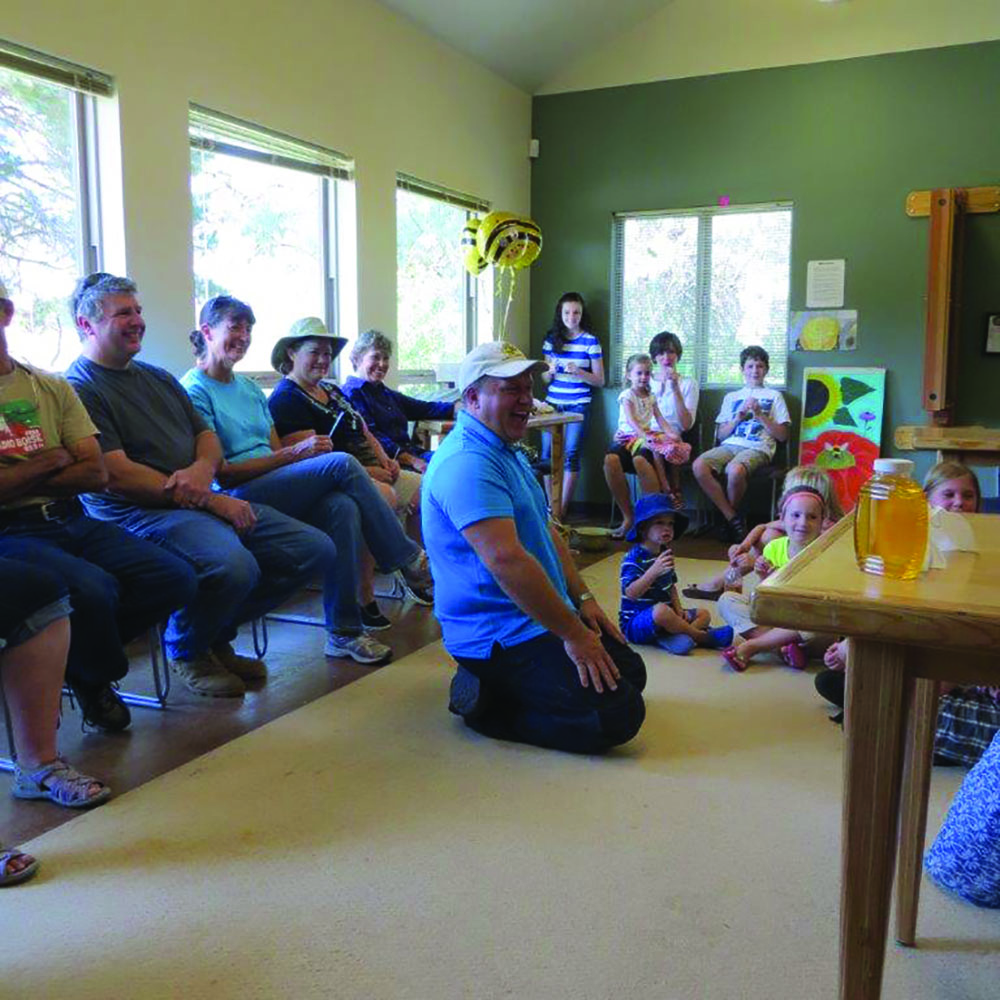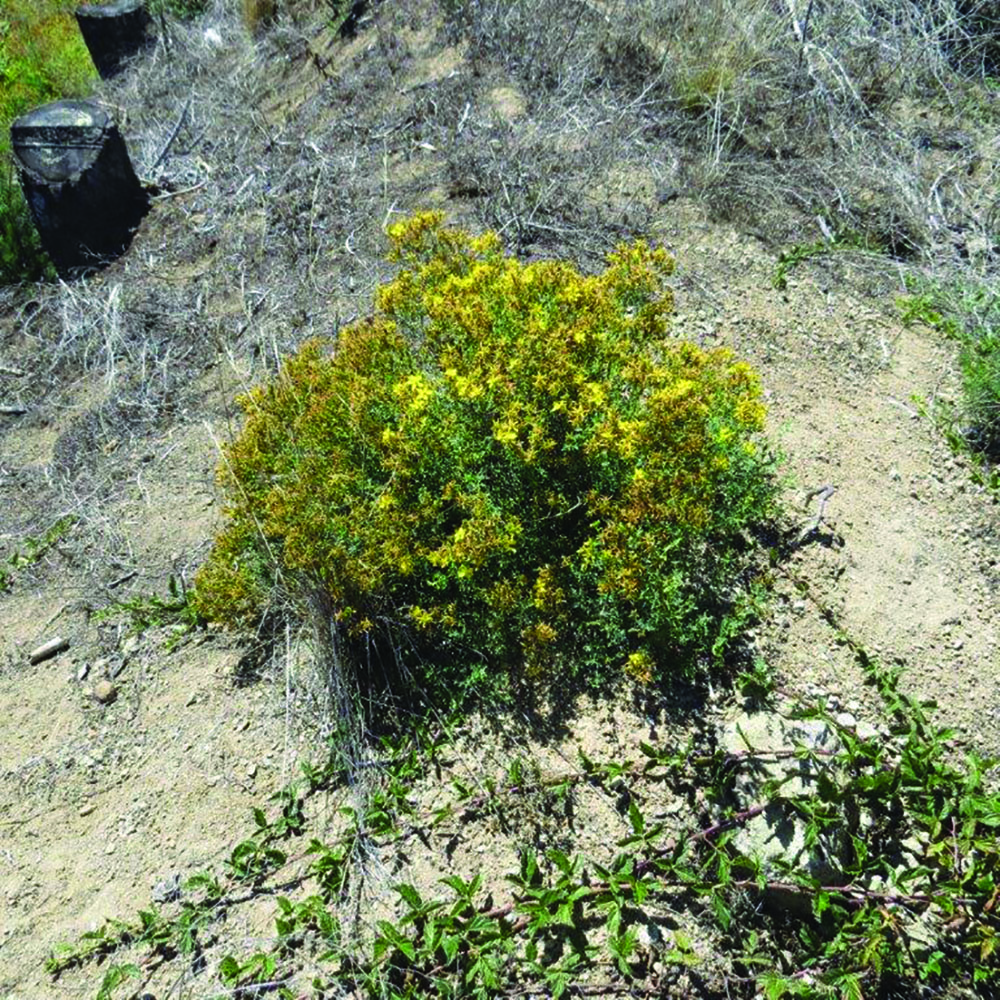by Ann Harman
Beekeepers in your area have been asking for a Master Beekeeper program. They wish to have some goals to achieve and also ways to improve their knowledge of honey bees and beekeeping. Perhaps now is a good time to start planning the program. Where to start?
A number of states have made their own Master Beekeeper program. These all have similarities and differences. Some Master Beekeepers programs are large and elaborate; others are simple. The Eastern Apicultural Society (EAS) has had one for many years as has the U.K. These two have different approaches to preparation for exams and the exams themselves.
It will be worth the time to see what your surrounding states are doing. All the state associations have websites with information but in some cases it may not be easy to navigate around the site to obtain what you need. Not all states have a Master Beekeeper program but new ones are appearing. A good program takes time and dedication to construct it and to run it successfully. Some states have a contact person in charge of their Master Beekeeper program. Take the time to find out how successful a program is as well as the details of its operation. The more information you can gather the better prepared you will be to structure your own. Yes, the amount of information could be overwhelming. Perhaps this is the time to have a committee – a small one! (This is what a famous inventor said: ‘If you want to kill any idea in the world, get a committee working on it.’ Charles F. Kettering) You might ask your club members if anyone has taken a Master Beekeeper exam. Even if that member does not wish to be on the committee, any suggestions or information would be valuable.
Think about the purpose of your Master Beekeeper exam. Is it just to satisfy someone who wants that title? Is it to help the members of your club to become better beekeepers? Is it to encourage your club’s Master Beekeepers to engage in public service, bringing correct and good information to the general public? The Eastern Apicultural Society’s initial purpose was to identify knowledgeable beekeepers who would help educate beekeepers and the non-beekeeping public about honey bees.
As you look through the information from other states you will see that some are just exams while others require outreach. In today’s times the general public is being overwhelmed with information about pollinators. The Internet, newspapers, magazines, radio and television are crammed full of information and opinions. Give some thought to the fact that your beekeepers could give sensible presentations to non-beekeeping groups as well as to questioning individuals. Having some public outreach as part of your Master Beekeeper requirements is necessary in today’s confusing times.
Many beekeepers hoping to become Master Beekeepers seem to think the way to become one is to take a class designed for taking the exam then take the exam and pass it. In the planning of your club’s Master Beekeeper program it may be important to reinforce that beekeeping is both a craft and a science. One person may be able to read a book and pass an exam but not be a capable beekeeper out in the beeyard. Another beekeeper in an ideal bee area may be successful in keeping colonies functioning and healthy but not know about the roles of pheromones in the colony. A Master beekeeper should have comprehensive knowledge –theoretical and practical.
Will your program have three levels, or four, or five, each with a written exam, a field exam and perhaps other exams, requirements or activities? Remember, each level will have to have exams designed and administered, graded and possibly discussed with the beekeeper who may have a complaint. Does your club have the ability not only to initiate the program but also to continue it? You see, if the club’s Master Beekeeper program manages to exist for three years and then falters, it may seem to have lost its meaning for those who passed a level or two. Look into the future.
While you are doing the initial planning remember that the Field Exam may be the most difficult one to organize. You will need to think about whose hives will be used. Where and when will the written and lab parts of the exam be given? Your state beekeepers meeting could be an ideal place even for a field exam. Hives that have been brought for demonstrations or workshops could be suitable for exams also.
Now how about time keeping bees, meaning requirements of how many years keeping bees to take the first level, years keeping bees between levels. Depending on the requirements for each level, it may be impossible to fulfill them with one year between. There is nothing wrong with that impossibility! The goal is not to have a beekeeper race through the exams as fast as possible but to end up being an educated and competent beekeeper.
As your committee is making plans for the program, keep in mind any costs. Many states do charge for the exams but exactly what that money is for is not always clear. You may need money for printing, postage, certificates and the famous ‘miscellaneous.’ You must be ready to explain to anyone exactly what the charges are for so that they seem reasonable.
For creating the exams you could start with a list of general topics, such as diseases, pests, swarming, queens, etc. These general sections could generate questions on different levels of difficulty and different ones each year.
The Eastern Apicultural Society and a few other states have an oral exam along with the written ones. Some states require giving a presentation to a beekeeping club or to another audience. Writing a column for a beekeeping newsletter or magazine can be part of the outreach.
EAS does not offer a study program for its exams but does provide copies of past exams as well as an extensive book list. Information can be found at www.easternapiculture.org at the Master Beekeeper tab.
The exams given in the U.K. are formed into modules. Books are available as guides for each level as well as for the special optional exams such as Microscopy. Information on this program can be seen on the following website: www.bbka.org.uk/learn/examinations_assessments
Your beekeepers will ask what books they should study for the exams. If your club has a library for its members, then those books would be available. A book list can be created with an assortment of books including such specialties as beeswax. Once the program is underway copies of past exams can be offered as study guides.
Your club has a mixture of those who have kept bees for years, read all the magazines, visit schools with their observation hives and those who have kept bees for five years and occasionally come to a club meeting. Both of them want to enter the club’s Master Beekeeper program. You will need to establish some guidelines, especially for the very experienced beekeeper. Should this beekeeper be required to take all the exams starting at the lowest level or enter the program at a higher level? The five-year beekeeper probably would need to start at the lowest level.
Although many beekeepers would like to pass all the exams needed for the highest level and consider becoming a Master Beekeeper finished when handed the certificate, give serious thought to some form of continuing education or retesting to give some type of renewal of that certificate. Beekeeping is changing rapidly these days. New pests and diseases will appear; new treatments and forms of nutrition will also appear. We do not know what the future of pesticides will be. African bees continue to invade new areas. Since Master Beekeepers should be able to give correct up-to-date information to beekeepers and the public, unless they keep in touch with current events their information will be stuck in the Beekeeping Dark Ages.
Any type of continuing education or recertification must be made an initial part of any Master Beekeeper program even if it will not be put into use for several years. The beekeepers deserve to know at the beginning what is expected. Yes, such recertification will mean more record keeping but with our cheerful computers keeping track of dates and people that task is not overly cumbersome.
A beekeeping club that incorporates some type of recertification does benefit from its Master Beekeepers. They are the ones who can keep members current, therefore all becoming better beekeepers.
Start planning your club’s Master Beekeeping program now. Don’t rush it. Correspond with contacts in other clubs with such a program. Make some initial plans then set them aside for a short while. When you return with ‘fresh eyes’ you may make some changes. When you do initiate your program be willing to listen to those who participated. Be willing to change something that just did not work for the majority. Will everyone pass all the exams? Probably not but the exams gave them something to improve, thus become a better beekeeper.
Ann Harman has been involved in several Master Beekeeper Programs over the years. She keeps her bees at her home in Flint Hill, Virginia.











